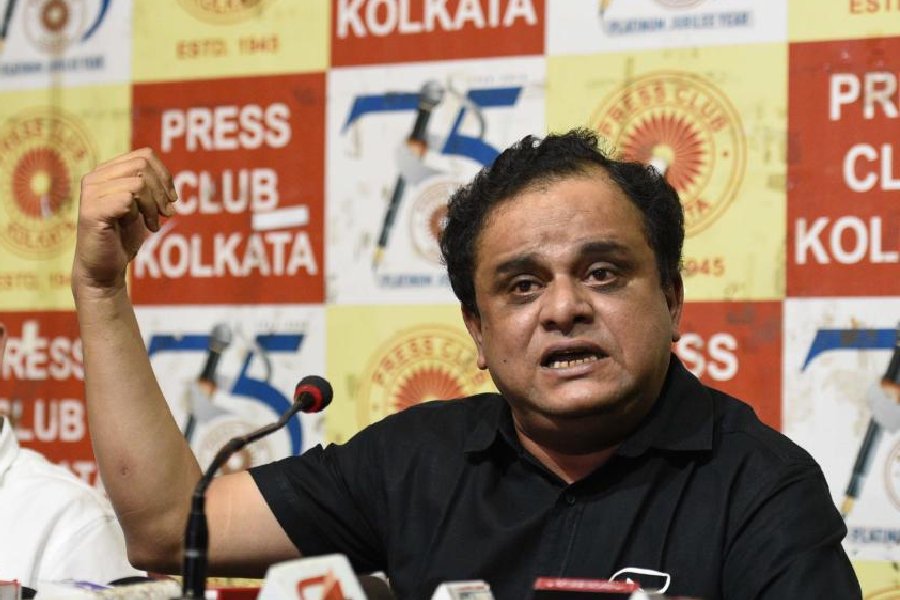We’ve accepted only 4-year-UG part of NEP: Education minister Bratya Basu


Education minister Bratya Basu on Tuesday said the introduction of the four-year undergraduate programme does not mean the state government has accepted the National Education Policy (NEP) 2020.
The state has only accepted one component of the NEP, the four-year programme, Basu said in the Assembly.
“It was raised on the floor of the Assembly whether we have accepted NEP or not. I have said categorically (in the House) that we have not accepted NEP. We have accepted a small component — the four-year undergraduate programme — because otherwise, nearly 7 lakh students would have to struggle to compete at the all-India level,” the minister said in his chamber in the Assembly.
Many states have introduced the four-year undergraduate programme, replacing the three-year course.
“This (rollout of the four-year programme) does not at all mean we are accepting the NEP. We are opposed to the various elements of the NEP such as the 5+3+3+4 design in school education and too much centralisation of higher educational institutions.... This is what I have said on the floor of the Assembly,” the minister said.
In the proposed 5+3+3+4 system of school education, a student will spend five years in the foundational stage, three years in the preparatory stage, three years in the middle stage and four years in the secondary stage.
“The state government feels that it means there will be only one board exam, after Class XII. We are opposed to this," said an official in the education department.
The head of the Council of Indian School Certificate Examinations (CISCE), which conducts the ICSE (Class X) and ISC (Class XII) exams, had earlier said in Calcutta that the fate of the Class X board exams from 2025 would depend on the Centre’s decision in the light of the NEP.
Another feature of the NEP is the provision for a single regulator for higher education, which minister Basu described as "too much centralisation" of higher education, said an official in the education department.
The NEP envisages an overarching umbrella — Higher Education Council of India — for all higher education institutions.
Opposing the NEP, Sugata Bose, Harvard professor of history, had written in The Telegraph on August 17, 2020: “The proposed central regulatory body is invested with all-encompassing authority without mechanisms for consultation and coordination with any state regulatory body that states may choose to establish or with their departments of higher education.”
On May 31, while announcing that the Bengal education department would introduce a four-year undergraduate programme from the 2023-24 academic year, the education minister had tweeted: “It is being propagated that the state government has accepted the National Education Policy. This is worse than a travesty of truth.”
Minister Basu said in his chamber in the Assembly on Tuesday that not introducing the four-year undergraduate programme would have amounted to pursuing “impulsive and suicidal policies, which the Left did by dropping English from the primary level...."
Anupam Basu, former director of NIT Durgapur and current pro-vice-chancellor of Sister Nivedita University, said the NEP focusses on use of technology in education. “But a large number of students do not have access to such technology and gadgets. NEP hardly says anything on the budgetary provision for providing the resources,” he said.